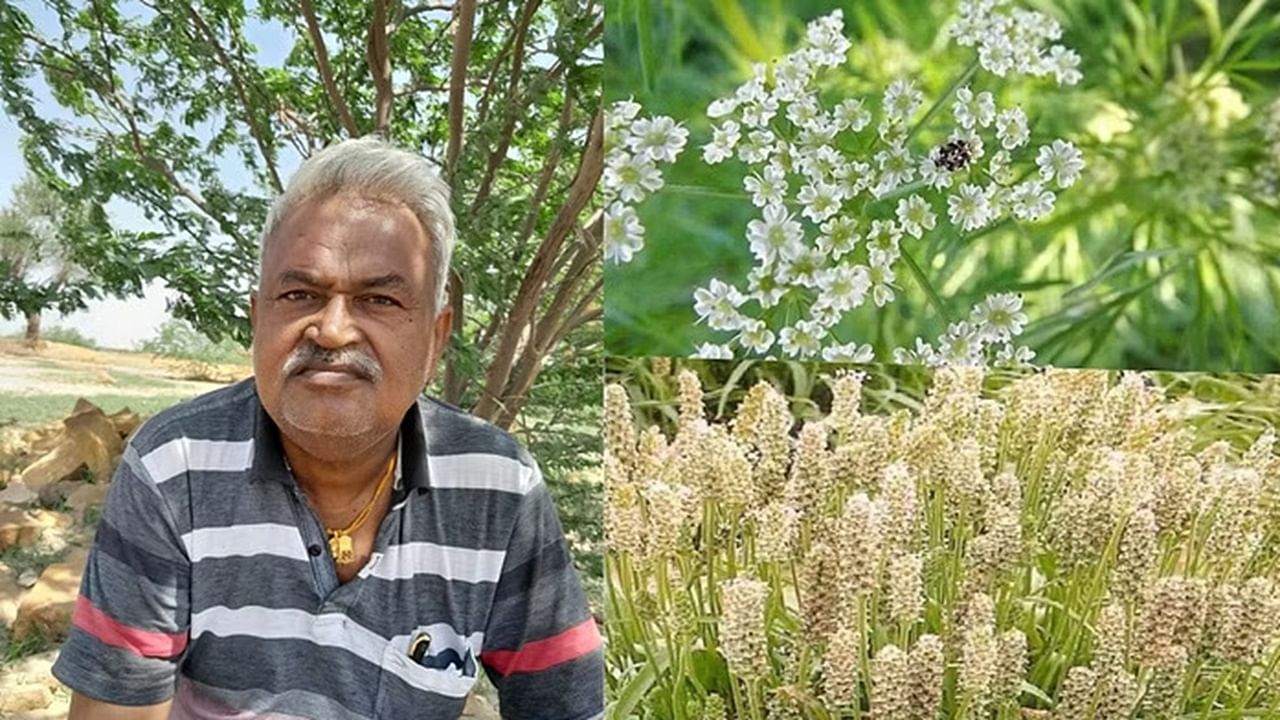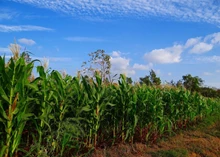
Today, we introduce you to a farmer who comfortably earns lakhs annually by employing both chemical and organic farming methods. The farmer in focus is the forward-thinking Kump Singh, residing in Baramsar village, Jaisalmer district, Rajasthan. Singh has been involved in farming since childhood and holds a Bachelor's degree. He revealed that collectively, his family owns up to 350 bighas of land, where they cultivate crops according to the season. Singh informed that during the monsoon, they cultivate staple crops like sorghum, mung beans, and pearl millet. Additionally, he detailed their farming of black mustard seeds, Isabgol, and cumin on the land.
Boost in Yield with Organic Farming and Reduced Costs
According to Singh, approximately 70 percent of his land is dedicated to cumin cultivation, while the rest hosts various other crops. Specifically, about 20 percent is allocated to Isabgol and 10 percent to black mustard seeds. Initially, Singh used chemical farming methods but gradually transitioned towards organic farming. This shift not only increased the yield but also reduced production costs.
He further mentioned that his cumin crop yields up to 70 kilograms per bigha. Presently, the market price for cumin in his region stands at Rs 500 per kilogram. Moreover, he shared that Isabgol production per bigha ranges from one to one-and-a-half quintals, valued at around Rs 24,000 per bigha. He also highlighted that while the cost of cultivating cumin is relatively high, the expenses in Isabgol farming are slightly lower than those incurred in cumin cultivation.
Regarding marketing, Singh explained that representatives from purchasing companies directly visit their fields, offering fair prices for their produce. They do not struggle to find the right market value for their yield. However, this requires them to initially send a sample of their crop to the company. Only after passing the quality check, do the representatives approach them to purchase the harvest.
Using Organic and Household Manure
Singh, through Krishi Jagran, urged fellow farmers to move towards organic farming and make extensive use of organic and household manure on their fields. He emphasized that such practices foster better crop development and ensure fair market prices for farmers.











